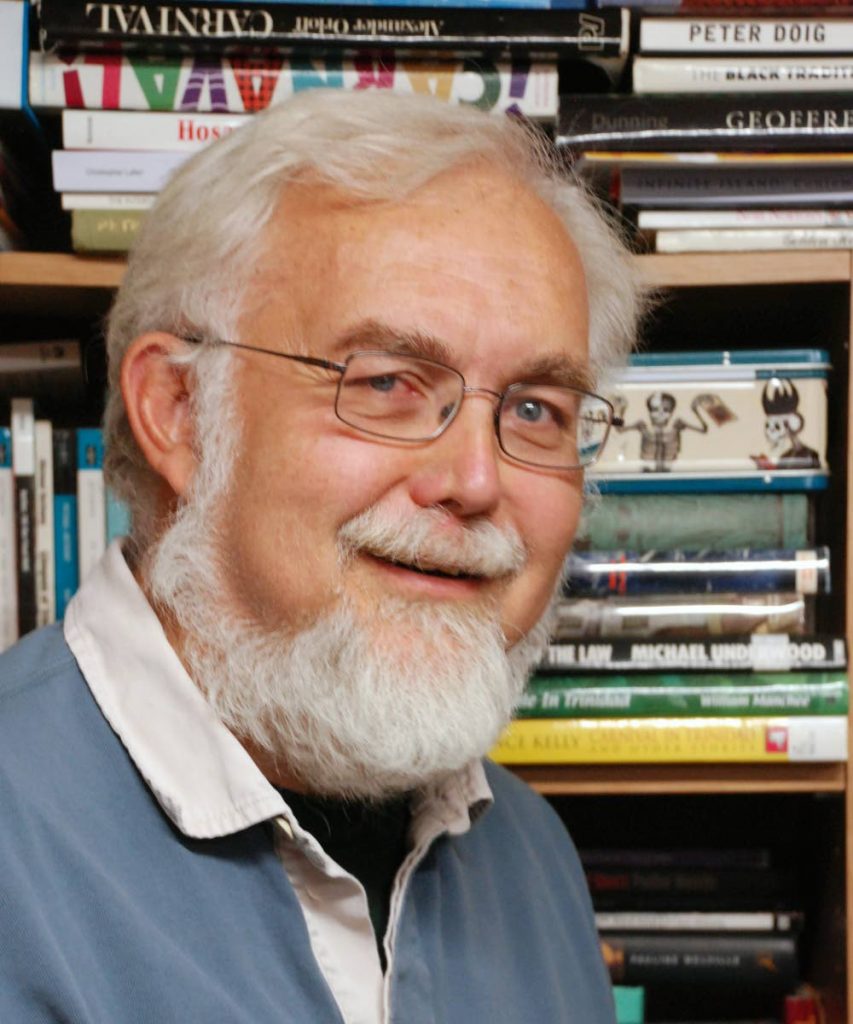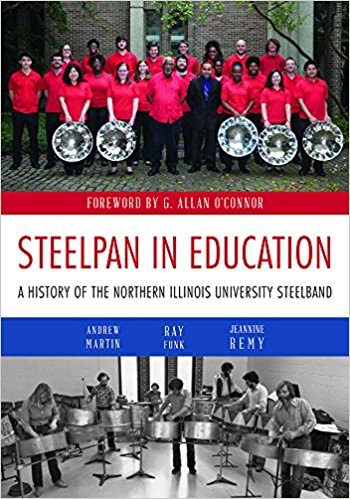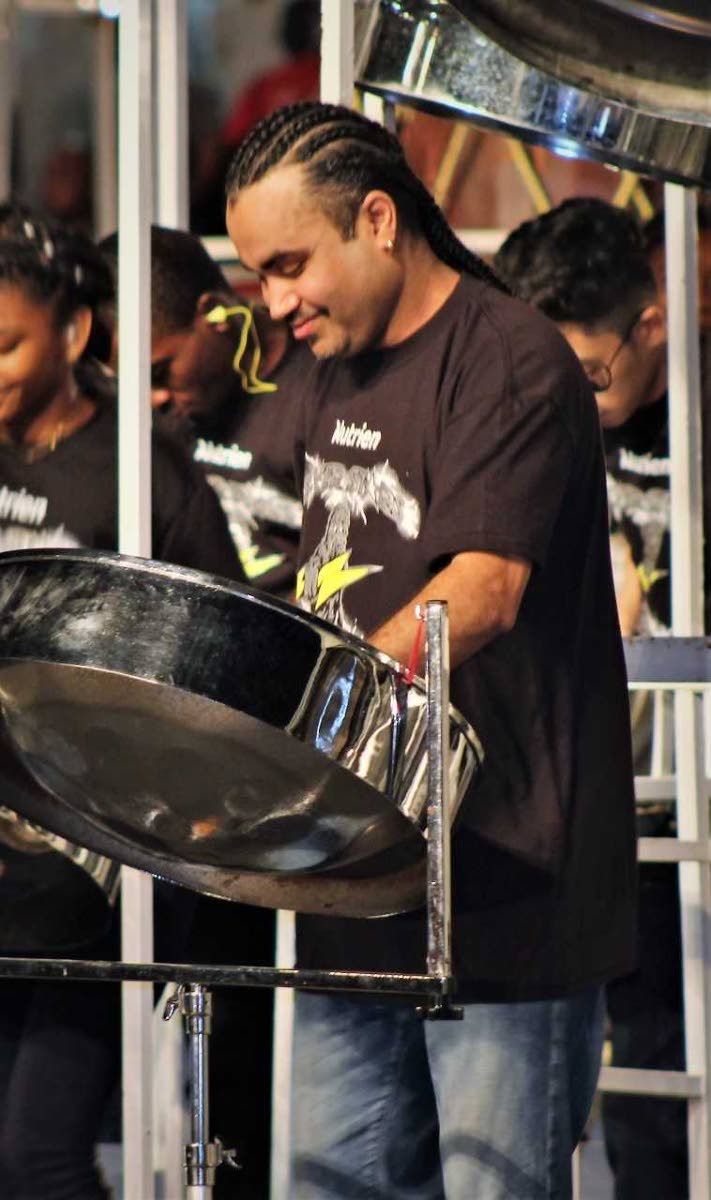A tale of 2 cities and 3 men

BC PIRES
WHAT might be the dullest title in non-fiction history – Steelpan in Education, A History of the Northern Illinois University (NIU) Steelband – obscures what might be the most fascinating link between Trinidad and its worldwide diaspora. Thankfully, the rest of the book is far more interesting, starting at the beginning, in which the unlikely permanent marriage of a sweltering tropical island and a wintry industrial city is set out.
Published by the NIU’s own imprint, Steelpan in Education itself emanates from the world of letters. Andrew Martin is a professor of music at Inver Hills College, Jeannine Remy, an NIU graduate, is a senior lecturer of music at the University of the West Indies; and Ray Funk is currently a Fulbright scholar. Its subject matter is a straightforward account of one of the most unlikely developments in education: the introduction of Trinidad’s steelpan into the American university programme, and the eventual granting of a degree in pan, that most Caribbean of instruments, by a university beset by some of the harshest winters in the continental USA.
In a dozen short chapters that include an intro and an epilogue – the book stretches its 124 pages of text to 151 by including two appendices, both probably necessary and both certainly useful, 11 pages of notes (principally source credits) and an index.
In prose that it would be near impossible to shorten – the best kind – the musicologist Ray Funk (the prime mover of the Bear Family 176-page book, six-CD, one-DVD boxed set Calypso Craze) and his co-authors set out a fascinating story in a matter-of-fact way. (Funk himself divides authorship at roughly 60, 30 and ten per cent between the three authors in the order in which they are named.)
If there is a pleasant serendipity in there happening to be three authors of a book about an instrument invented in a place named for the Holy Trinity, the language of good luck is not wide enough to encompass another, perhaps less holy, trio at the centre of the story of the NIU Steelband.
One is Al O’Connor, the American professor of percussion who fell in love with the sound of the pan long before he ever visited Trinidad, who by himself willed the NIU steelband into being. The second is Invader’s own Clifford “Cliff” Alexis, who, as pan-maker, tuner, arranger and star performer, was as central to the band’s existence and growth as O’Connor. The third is San Fernando’s Liam Teague, pan virtuoso, graduate of NIU, professor of music and now current head of steelpan studies at NIU, who took over the baton and the pansticks from both O’Connor and Alexis.
In easily readable, sometimes delightful, prose, the book shows how it was on the shoulders of these three men – though O’Connor and Alexis would clearly be, in calypso music terms, the Mighty Sparrow and Lord Kitchener, and Teague, their Shadow – and in the pan racks of the NIU Steelband that the Trinidadian national instrument was carried to the position it now occupies in the academic world, if not the world of music itself.
The mere setting out of the challenges vanquished by O’Connor, Alexis and Teague shows how great the struggle was and, as in the steelband world, how most of the difficulties were overcome by love, dedication and hard work – and a big-hearted, deep-pocketed sponsor named Lester Trilla.
In an ideal world, the true pan jumbie might read Steelpan in Education in a panyard. In the real world, what matters is that the book be read, as an essential instrument in what ought to be an essential national discussion about the national instrument, and where it might take all people, and this country’s people.
Steelpan in Education is available at Paper Based, Hotel Normandie, St Ann’s.



Comments
"A tale of 2 cities and 3 men"